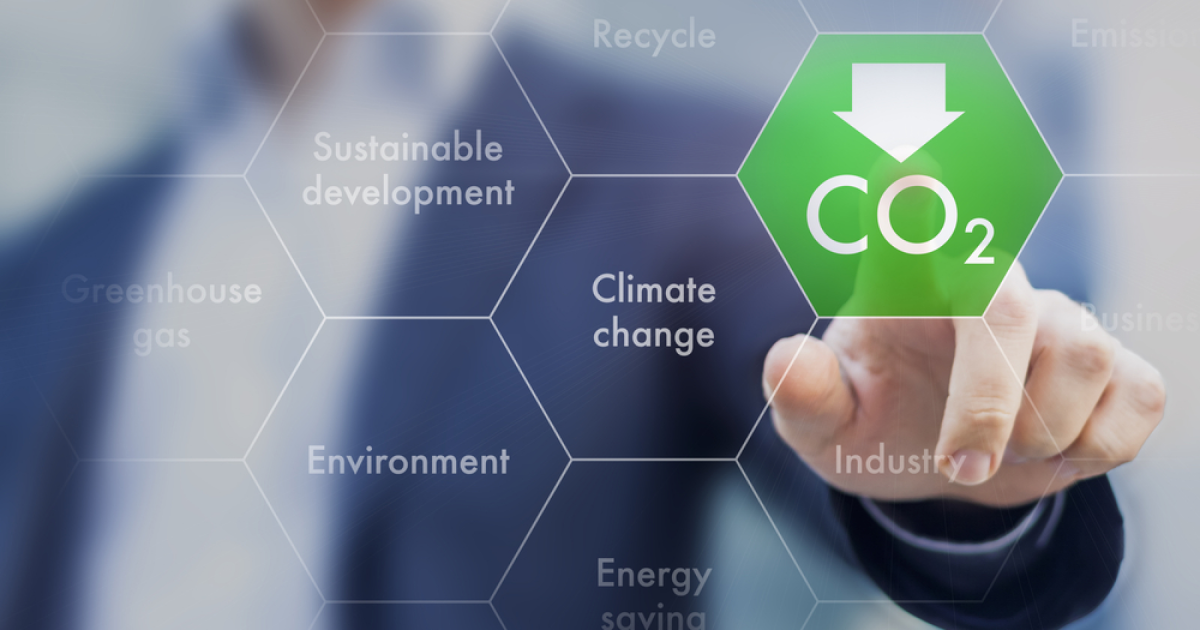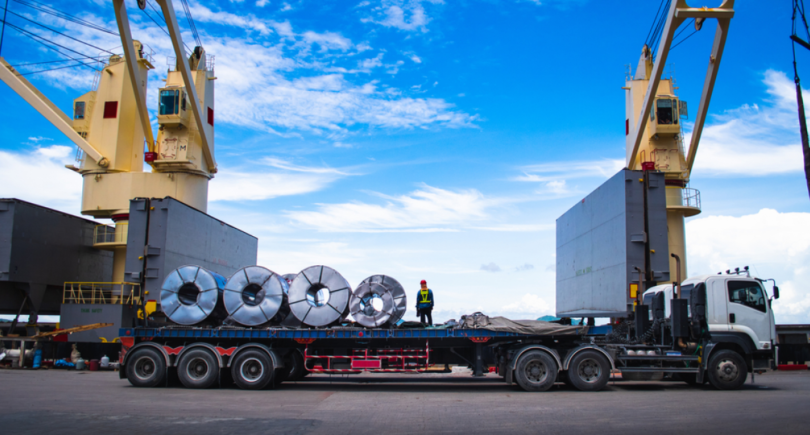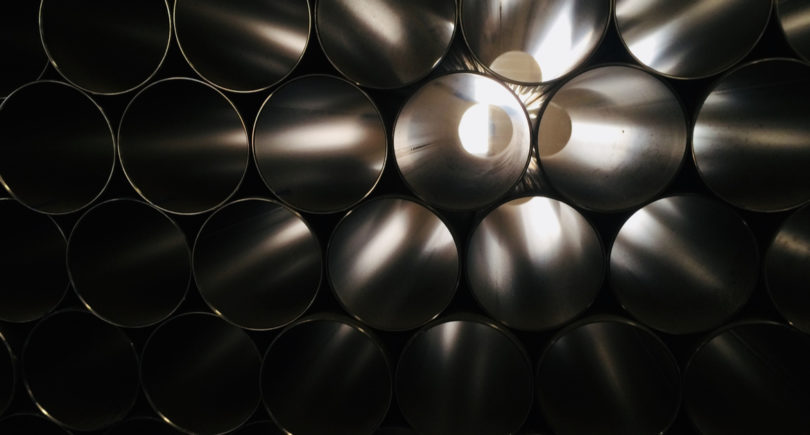
News Global Market CBAM 3120 07 August 2023
Experts note that competition will increase for countries that are slowly preparing for the implementation of the mechanism
Experts warn that the introduction of Europe’s CBAM will increase competition for countries that are slow to comply with its requirements, such as Turkiye, China, India, the US, the UK and Canada. Turkish Hürriyet Daily News informs about it.
Turkiye is one of the main trading partners of the EU, its exports to the bloc amount to almost €96 billion. Carbon tax and emission reduction policies are particularly important for the country’s cement and steel sectors. Turkiye ratified the Paris Agreement in 2021 and committed to zero CO2 emissions by 2053.
According to Fabio Passaro, who is an expert at the Climate Bonds Initiative, Turkiye has been preparing for the possible introduction of CBAM, so this should mitigate the financial impact on the country of its introduction. In his opinion, the influence of CBAM will also be felt by the Russian Federation, the countries of the Middle East and North Africa.
As GMK Center reported earlier, CBAM will start operating from October 1, 2023, with a transition period until December 31, 2025. During this period, importers will only be required to submit reports, from 2026 they will have financial obligations. The introduction of the mechanism will take place in parallel with the gradual abandonment of free quotas in the ETS (2026-2034).
Also, various industry groups in Japan criticize EU requirements on CBAM reporting due to concerns that it could reveal sensitive information. South Korean steel producers urged the government to convince the EU to allow the use of domestic methods for calculating carbon emissions for a longer period before the full implementation of the mechanism. In India, it is believed that the mechanism of CBAM will affect by 15-40% of Indian steel exports to Europe per year.




